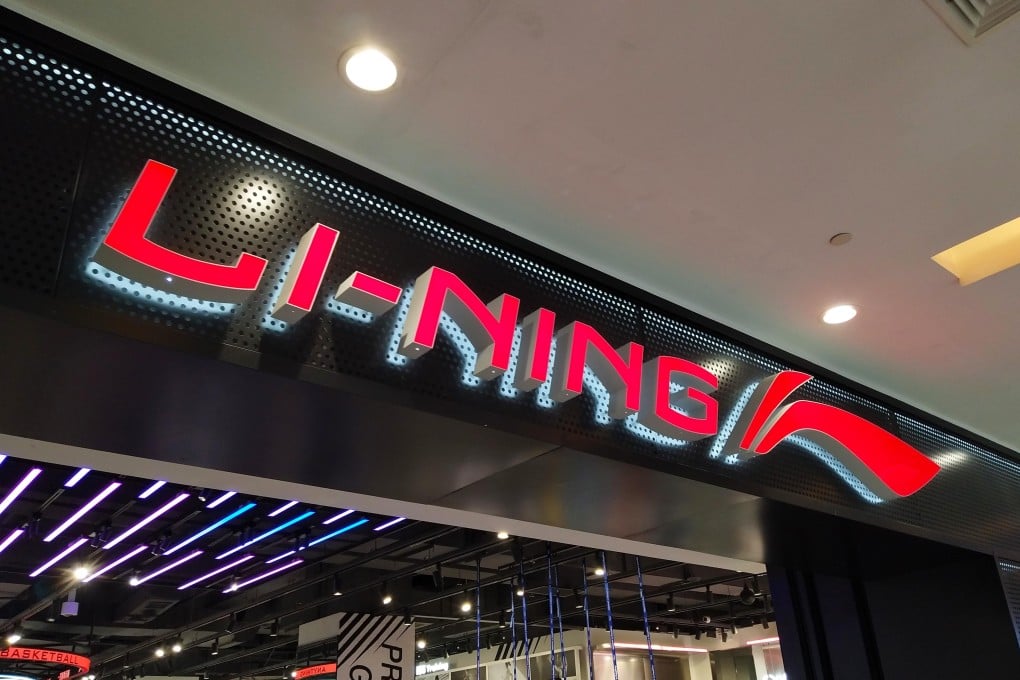Li Ning feels the lethargy from China’s consumption slowdown as first-half profit slips 8%
- The company plans to use the recently concluded Olympics to increase consumer interest in sports and strengthen Li Ning’s brand perception, co-CEO Qian Wei says

Chinese sportswear giant Li Ning hopes to “ride the wave” of the Paris Olympics in an effort to attract more customers, after posting an 8 per cent profit decline amid an uncertain economic outlook.
The Beijing-headquartered company posted a profit of 1.95 billion yuan (US$217.7 million) for the six months ended June, according to a filing to the Hong Kong stock exchange on Friday. Revenue rose 2.3 per cent year on year to 14.3 billion yuan.
The country’s biggest sportswear manufacturer lowered its full-year guidance to revenue growth in the low single digits and low-double-digit profit growth.
“We expect the overall market environment to present significant challenges to the turnover at our offline stores, so our core objective this year is not growth in scale but to operate steadily and develop pragmatically,” said Qian Wei, co-CEO of Li Ning at a press conference.
“While the Olympics may not result in significant short-term business growth, it will increase consumer interest in sports and strengthen the perception of Li Ning as a professional brand,” said Qian. “I believe this represents a valuable opportunity and a crucial moment for brand development.”

While retail sales in China expanded by a better-than-expected 2.7 per cent in July, and consumer prices beat expectations to rise 0.5 per cent from a year ago, macroeconomic headwinds persist. Home prices fell for a 14th consecutive month in July and the unemployment rate continued to rise.
